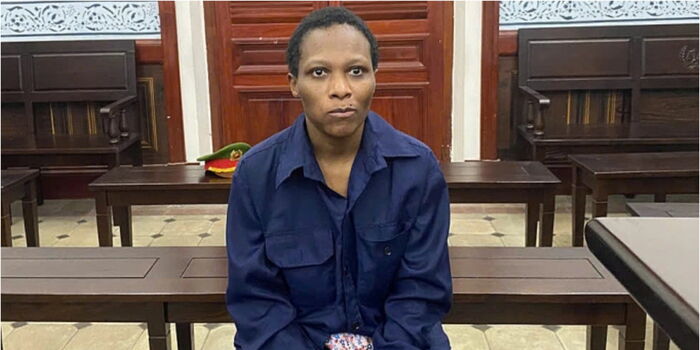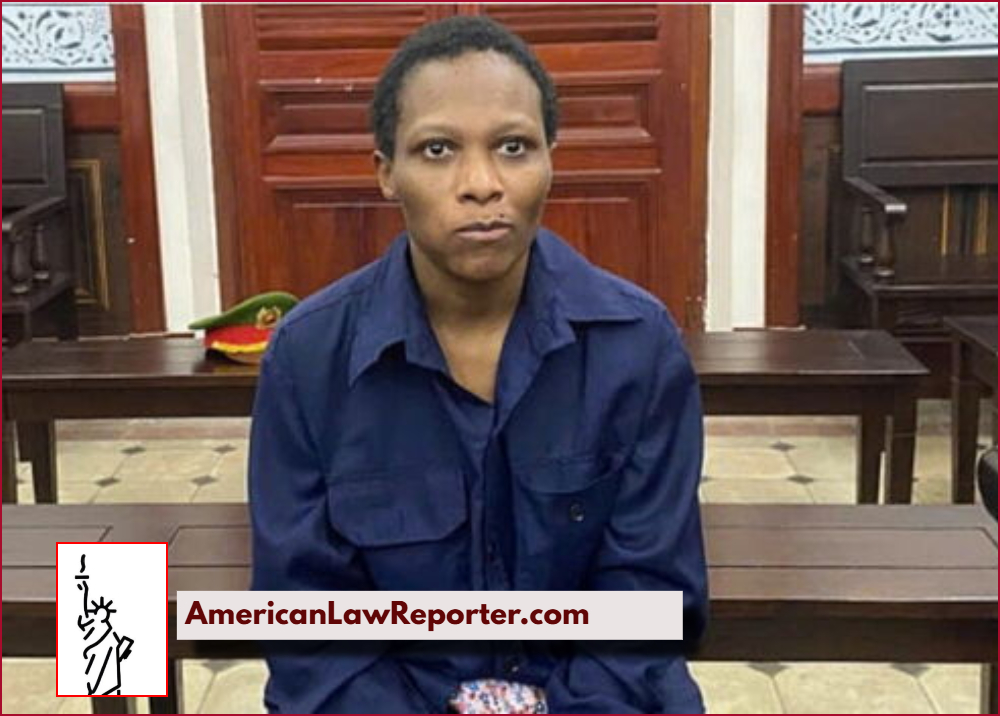A Kenyan woman sentenced to death in Vietnam is at the center of growing diplomatic and humanitarian appeals, as Amnesty Kenya and other advocates urge the Kenyan government to intensify efforts to prevent her execution.
Margaret Nduta, 37, was convicted on March 6, 2024, of drug trafficking after being arrested at Ho Chi Minh City Airport in July 2023. Vietnamese authorities allege she attempted to carry two kilograms of cocaine concealed in a false compartment of her suitcase while en route to Laos. Despite her insistence that she was unaware of the drugs in her luggage, she was sentenced to death by lethal injection.
Her execution was initially scheduled for March 17, 2025, but has since been postponed following a flurry of diplomatic outreach from Kenyan officials and public appeals from civil society organizations.
In a recent report, officials from CitizenGo Africa and Amnesty Kenya issued a direct plea to Prime Cabinet Secretary Musalia Mudavadi. CitizenGo Africa stated:
“We urgently petition Hon. Musalia Mudavadi, prime cabinet secretary of the Republic of Kenya, to immediately intervene through diplomatic channels.”
The advocacy group pointed out that “a simple diplomatic call from Nairobi to Hanoi could significantly alter Margaret’s fate by advocating for her sentence to be commuted and served in Kenya, preventing her execution abroad.”

A Family’s Plea and a Country’s Response
Nduta’s family, who reside in Murang’a County, Kenya, have continued to appeal to President William Samoei Ruto and Kenya’s Ministry of Foreign Affairs, asking that stronger diplomatic measures be taken to secure her life. They maintain she may have been unwittingly used by traffickers and stress that she never knowingly transported narcotics.
Principal Secretary for Foreign Affairs Korir Sing’Oei has confirmed ongoing communication with Vietnamese officials, underscoring Kenya’s desire for a compassionate resolution that would allow Nduta to serve her sentence in her home country.
CitizenGo Africa’s statement highlights broader issues:
“Margaret’s tragic story highlights the vulnerability of many Kenyans, exposing them to exploitation and extreme dangers overseas.”
Legal Context and Ongoing Negotiations
Vietnam enforces one of the world’s harshest drug trafficking laws, with capital punishment routinely applied in cases involving as little as 600 grams of heroin or cocaine. Nduta’s case has reignited discussions over international human rights, diplomatic reciprocity, and the treatment of foreign nationals in death penalty cases.
Kenya, which abolished the mandatory death penalty in 2017 but still retains capital punishment on its books, has not carried out an execution since 1987. Advocates are now urging a bilateral legal arrangement that would allow Nduta to serve a life sentence in Kenya instead of facing death abroad.
With diplomatic negotiations ongoing, Nduta’s fate remains uncertain. But for her family and growing supporters both at home and abroad, the message is clear: Margaret Nduta should not die on foreign soil.

